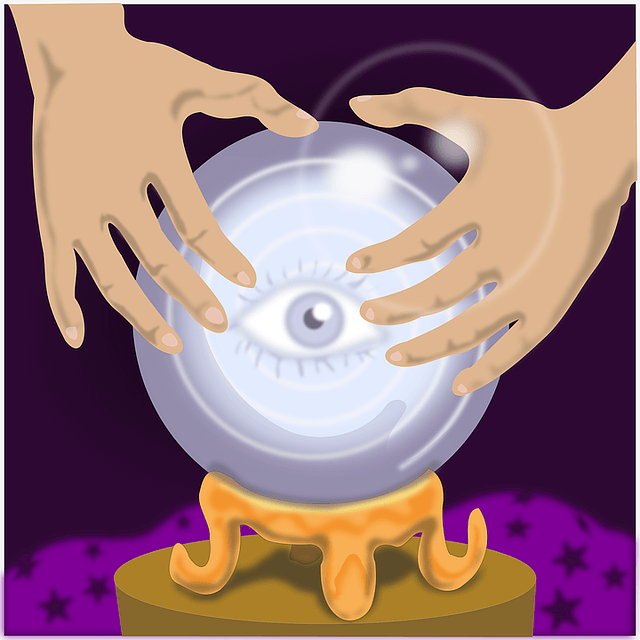
You don’t need to be a psychic to get a vision of your TOEFL score. All you need is some good TOEFL practice… and some math.
How to Predict Your TOEFL Score: Get Enough Practice
Getting in the right amount of practice and the right kind of practice is important. You need a good sample of your own TOEFL performance before you can accurately predict your TOEFL score.
To predict your TOEFL score, practice multiple full TOEFL exams. And be sure you get these practice tests from a reliable source. You need prep materials that are 100% TOEFL-like, and very similar to the ones you’ll see when you actually take the exam. This means using the free official TOEFL practice test from ETS, or ETS’s TPO exams, or Magoosh TOEFL. (Sadly, ETS’s TOEFL books are still use TOEFL exams created before the 2019 TOEFL format changes.)
The official TOEFL practice tests and the ones from Magoosh are more than enough for you to get a good sample of your average TOEFL performance. This can help you predict how you’ll perform — and score — on test day.
How to Predict Your TOEFL Score: Average your scores on several different exams
Remember what I said about getting enough practice? To predict your TOEFL score, average your scaled score for several different full practice TOEFL tests from ETS. Going through just one of the two volumes of Official TOEFL iBT Tests gives you a nice starter estimate of your TOEFL score. But try to complete at least five exams to calculate a really accurate score prediction.
Suppose, hypothetically, that you get the following five scores on five practice TOEFL scores: 100, 98, 102, 97, and 104. You’ll likely get a TOEFL score in the high 90s or low 100s on test day.
But as I mentioned, do more tests if possible. And if you don’t like the predictions you’re making, build up your skills and improve on your averages.
Know the math for converting your raw scores into scaled TOEFL scores
When you complete a practice TOEFL, you’ll have a certain number of “raw points” earned in each of the four sections. The tricky part is that each section has a different number of questions and this a different number of points.
To make matters even more complicated, not every section is scored in the same way. TOEFL Reading and Listening are multiple choice, and scored by an answer key. But TOEFL Speaking is scored based on the official TOEFL Speaking rubrics. And Writing is scored with a separate set of TOEFL rubrics for writing.
Once you get your section scores, you’ll then need to convert them to the 30 point scale that the TOEFL uses for each section. And then you’ll have to average the four section scores to get your final whole-exam 30-point scaled score.
Fortunately for you, this blog offers an entire series of posts about the math of predicting your TOEFL score for each section, and the math of predicting your future whole-test TOEFL score. Here are the links:






Leave a Reply